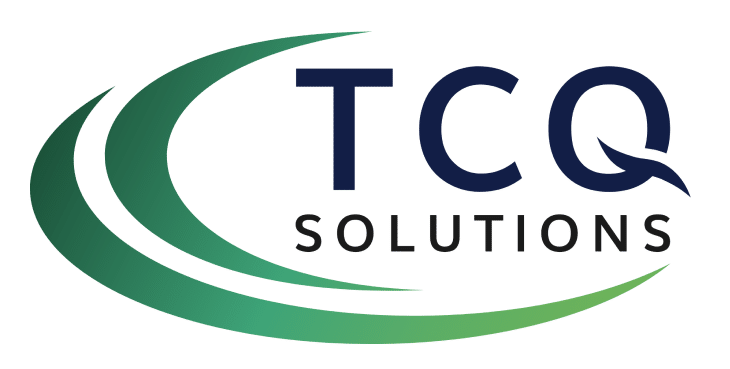
Asset vs Stock Deal Structure Overview

Dan Ellsworth was recently asked to give a brief overview outlining the difference between an Asset Deal and a Stock Deal.
When acquiring a company, buyers typically choose between two primary structures: an asset deal and a stock deal. Each has distinct implications for the buyer, seller, and the overall transaction.